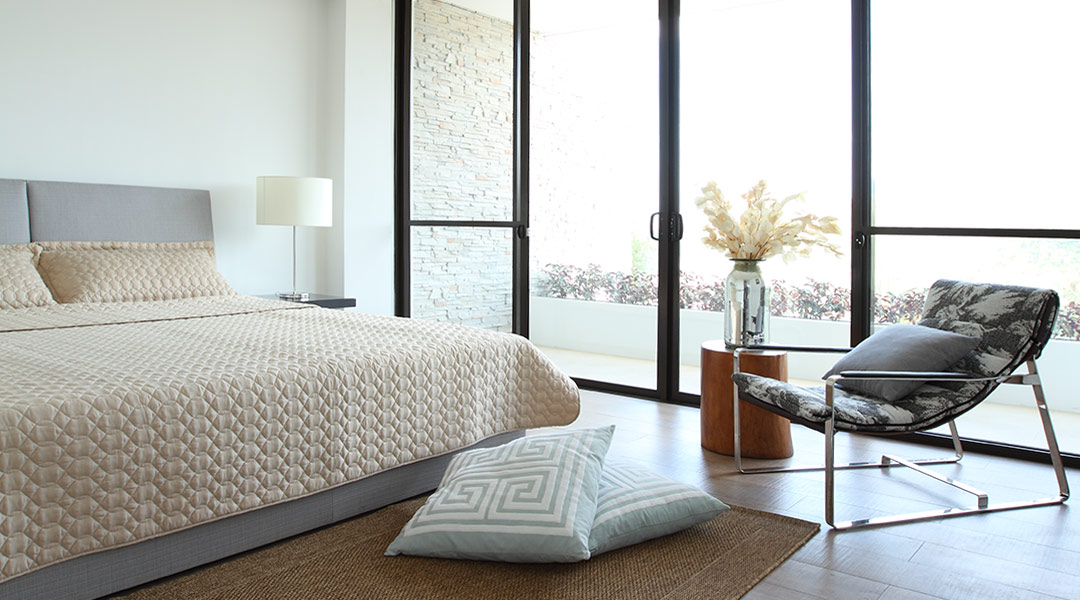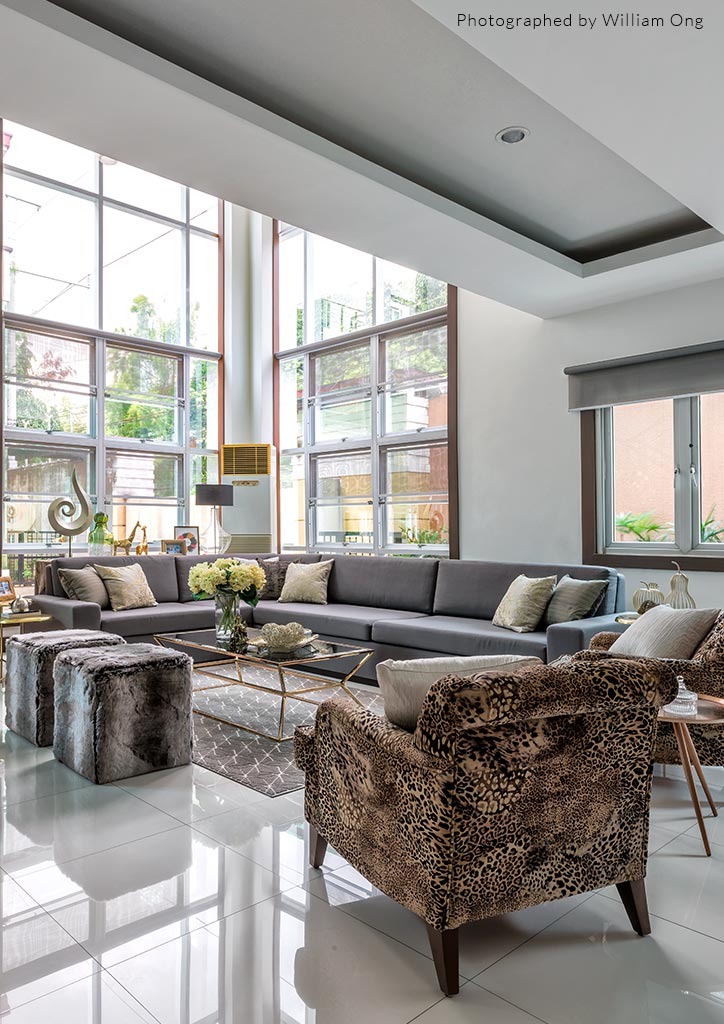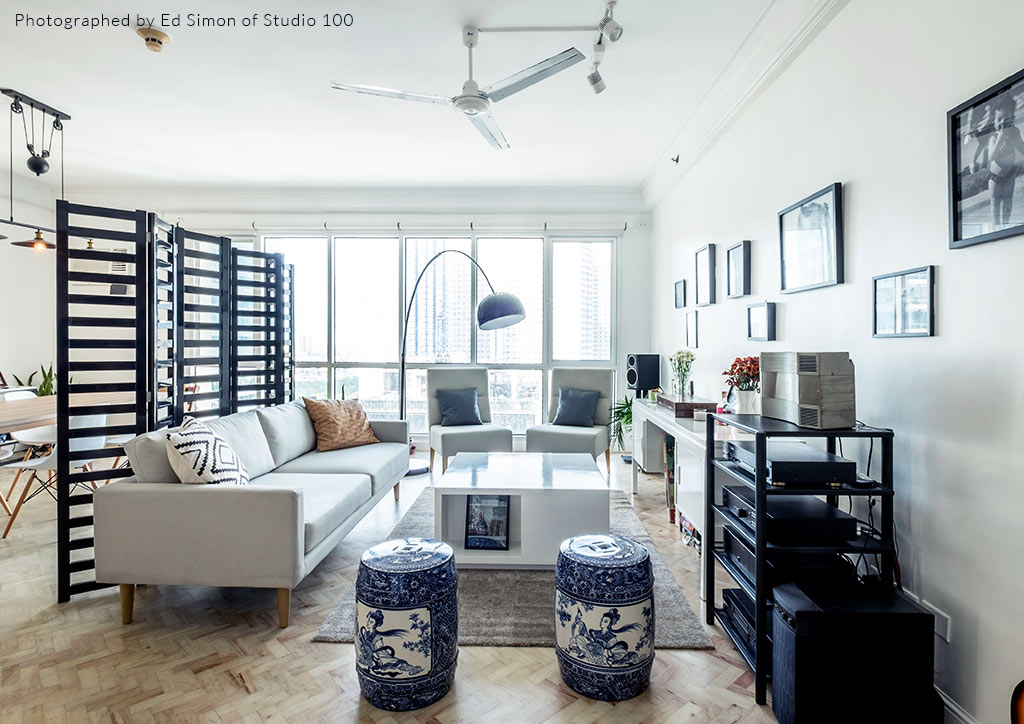
At one point in your life, you will eventually make a choice between buying a home or continue renting. The financially savvy individuals might employ complex techniques to justify their decision. Unfortunately, not all of us are trained or skilled in the workings of acquiring real estate. The most logical thing to do would be to listen to prudence and do a cost-benefit analysis. Here are some fundamentals to consider before deciding on the best option for your life stage.
BUYING A HOME
When purchasing a home, there are certain assumptions that need to be stated first. The most essential is financial capability. Actual buying happens through a couple of financing schemes, and the most straightforward among these is outright purchase. Also understood in the industry as cash purchase, this requires a significant amount of money since real estate is not cheap.
Conversely, there is also buying through installment. This is the common method to acquire real property due to the relative ease in payments through amortizations. Simply put, a piece of realty is valued and its total selling price is sold to the public on installment. After settling a downpayment, the balance is then divided into the number of months covering the installment period and would represent monthly amortizations, plus interest and other expenses such as taxes. It is also common for a third-party financing institution such as a bank to offer a loan to a buyer.
A default happens when the buyer is deemed unable to pay. The result of this is the reversion of the same property back to the seller or financing institution that issued the load. A real estate purchase comes with its benefits that in the long run, contribute to the overall investment portfolio of a buyer. Some of these advantages are explained below.

Ownership
The person who spends money to buy a real property becomes its absolute owner. This means that the buyer may exercise his unique bundle of rights over the property, to the exclusion of others. Some of these rights are so distinctly related to real estate that they even include the right to its abuse, within the bounds of the law. No other individual may exercise these rights, except in cases where state and governmental interests must prevail.
Asset Growth
Economically speaking, a property bought adds to the asset column of a Statement of Assets, Liabilities, and Net Worth (SALN). This is often a plus when securing loans, applying for visas, opening bank accounts, or engaging in business. Total net worth is increased when assets are larger than liabilities. This makes a person credit-worthy. Not only is this accumulation helpful reputation-wise, it can also represent a real piggy bank on rainy days.
Security
Both as a financial term and a layman’s concept, having security makes the buyer confident in dealing with the adult world. This idea could mean collateral for loans applied and enhances financial leverage. As a construct more related to emotions, security also tells a buyer that he has his own corner in this vast universe and there, he is king.
Value of Money
In house and lot investments, the value of the land increases while that of the building goes the other direction. Since a peso today can buy less in the future, invest your money in something that increases in value over time.
Sense of Accomplishment
As an added emotional nudge, owning a property validates hard work done. It is a positive feeling of finally playing the adult game with the rest of the working class and proof that a buyer has made it in life. Ownership, though, is not all glory and prestige. With it comes obligations and individual disadvantages vis-a-vis leasing. Even if real estate is owned privately, they are still obligated to pay taxes for owning such property. They are usually in the form of Capital Gains Tax, Documentary Stamp Tax, Transfer Taxes, and others. The state can even exercise its power to acquire important parcels of land despite private rights in ownership.
Another drawback to owning property is maintenance and depreciation. Buildings get old, their uses become outdated, the looks go out of fashion—all these lead to depreciation in value, and there is no one to bear the brunt of this inevitability but the property owner. Unless there is a radical trend around the neighborhood that would hyper-inflate land values, such as a future shopping mall, a hotel, or a condo complex, any significant appreciation will just stay as mere potential. An end-user or investor who decides to buy usually has limited elbow room in the manipulation of physical features of a property.
RENTING A SPACE
Most families today are very familiar with leasing—call a property owner, pay a few months rent as advances and deposits, move in, and religiously pay the landlord monthly rent. The lessee does not own the property, but merely possesses it. This is a legal differentiation that simply means that while paying rent, one cannot be deprived of the use of a property. However, being a mere possessor, the lessee may not sell or transfer the flat or house. There are advantages in preferring this arrangement, especially for people of limited resources.
Minimal Maintenance
Since the one renting does not legally own a property, he does not need to consider depreciation and obsolescence. The pressure of upkeep stays with the owner to maintain profitability and extend the life of the structure. So when plumbing is broken, the lessee is generally spared from stress. The need to keep the house in order only comes up to ensure acceptable safety and convenience for its occupants.

Mobility
When a family or a single renter suddenly decides to move out, no significant loss in his asset base happens. Unlike an owner, the lessee has more choices of residence if he so wishes.
Expendable Home Capacity
Young couples may also consider expanding their family in the future, so renting may be a better option for upgrading to a bigger home. Finance-wise, this gives them more flexibility.
Flexible Financial Commitment
No mortgages or monthly amortization binds the lessee. There are, however, downsides to renting, such as the overall perception of instability. This leads to a reduction of assets in a portfolio that is a tad unattractive to lending and financial institutions. Should the renter decide one day to borrow from a bank, a negative asset score could result in the rejection of applications.
Rent is also usually viewed as short-term, since most occupants do not intend to stay at someone else’s house perpetually. Being tentative in nature with no real investment value, a sense of personal accomplishment is wanting.
Deciding between buying and renting is no easy feat. A lot of it has to do with maturity and the realities of personal economic stature. Both have their functional advantages and negative sides, but the wisest decisions are the result of an honest understanding of priorities, sincerity in planning for the future, and realistic forecasting.


